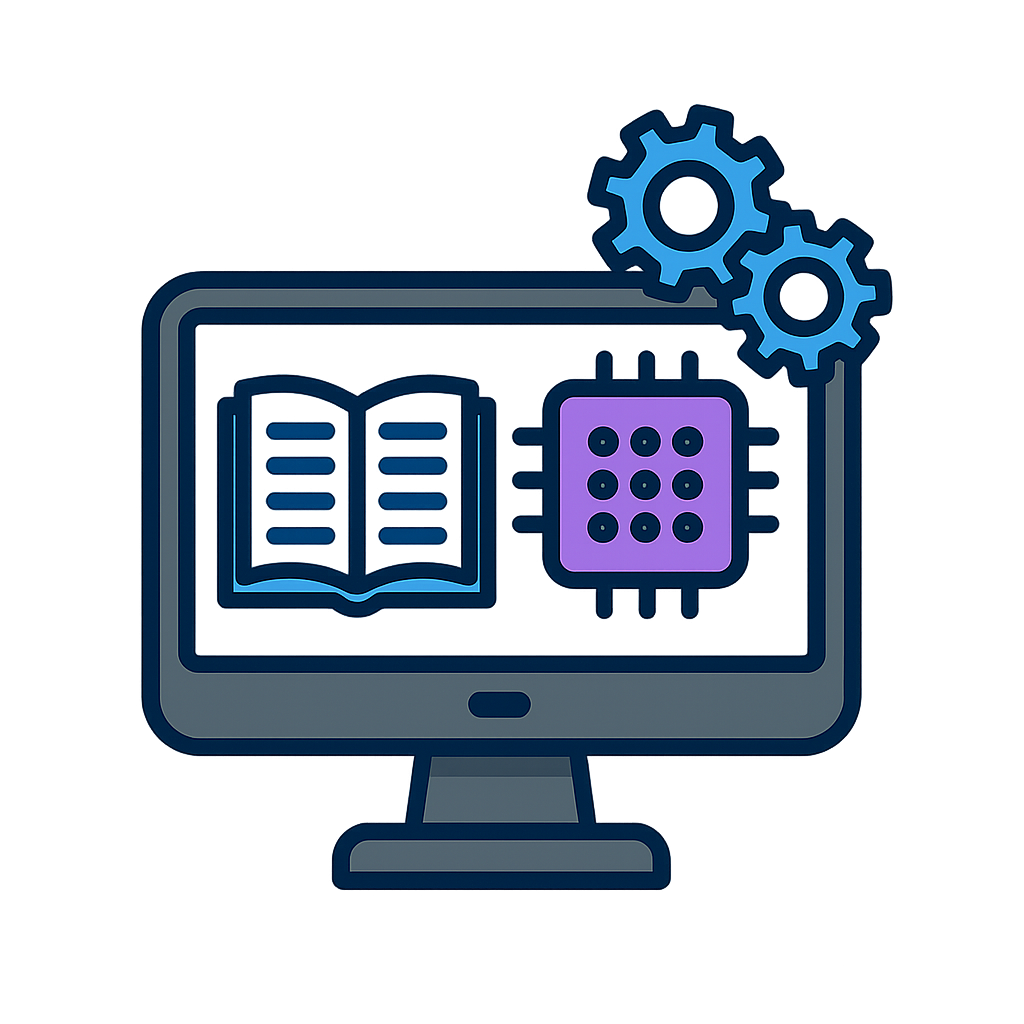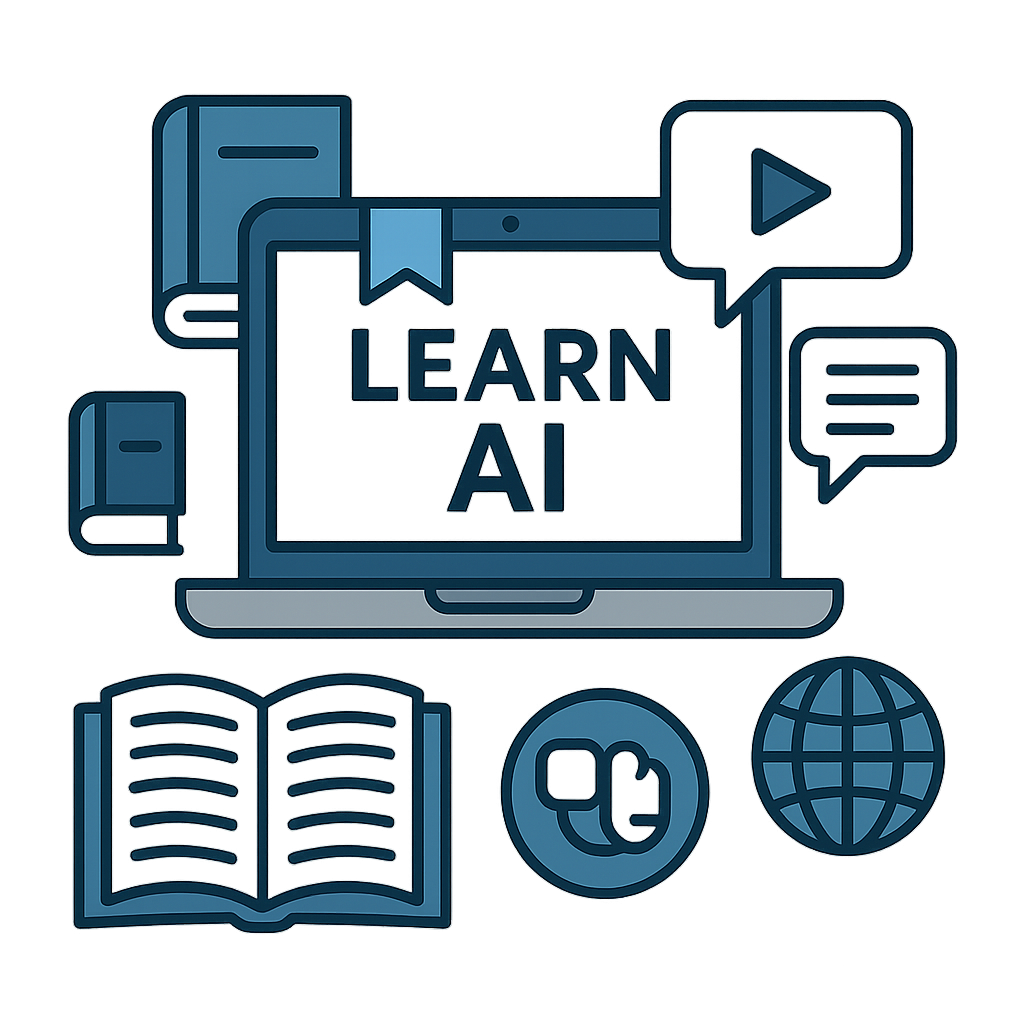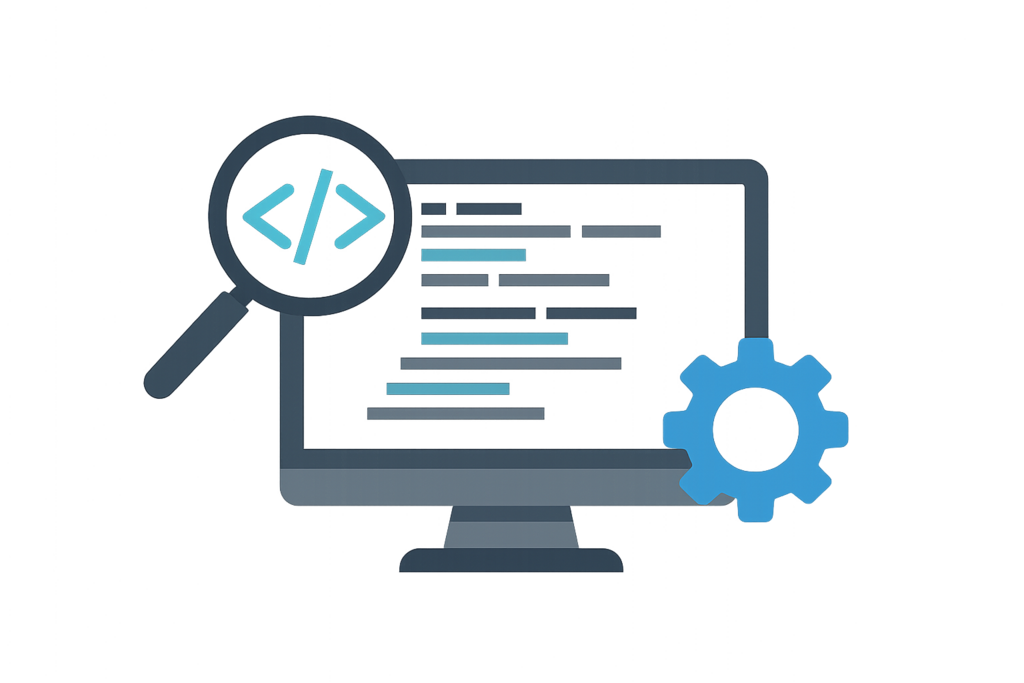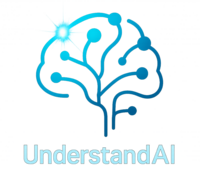Essential AI Tools: Libraries, Platforms, and Frameworks
Artificial Intelligence development relies on a rich ecosystem of tools. Whether you’re a beginner experimenting with AI models or an experienced developer building advanced systems, the following libraries and platforms are essential:
Popular AI Libraries and Frameworks:
TensorFlow: Developed by Google, TensorFlow is a comprehensive open-source framework used for machine learning and deep learning projects. It supports training and deploying models on a range of platforms (desktop, web, mobile, and edge).
PyTorch: Developed by Meta (formerly Facebook), PyTorch is praised for its dynamic computation graph and intuitive interface. It’s especially popular in the research community.
Scikit-learn: A simple and efficient tool for data mining and machine learning. It includes algorithms for classification, regression, clustering, and dimensionality reduction.
Keras: A high-level neural networks API, written in Python and capable of running on top of TensorFlow. Ideal for quick prototyping.
OpenCV: A powerful library used for computer vision tasks like object detection, face recognition, and image transformation.
All-in-One Platforms:
Google Colab: A cloud-based Jupyter notebook environment that requires no setup and provides free access to GPUs.
Hugging Face: Offers a hub for pre-trained models, datasets, and tools—especially popular for NLP tasks.
Amazon SageMaker: A comprehensive service that allows data scientists to build, train, and deploy ML models at scale.
Microsoft Azure ML Studio: A drag-and-drop interface with integrated data processing and model training tools.
Why They Matter:
These tools save time, increase reproducibility, and provide robust support for collaboration and scaling. Understanding and using them is a fundamental step in developing practical AI solutions.



